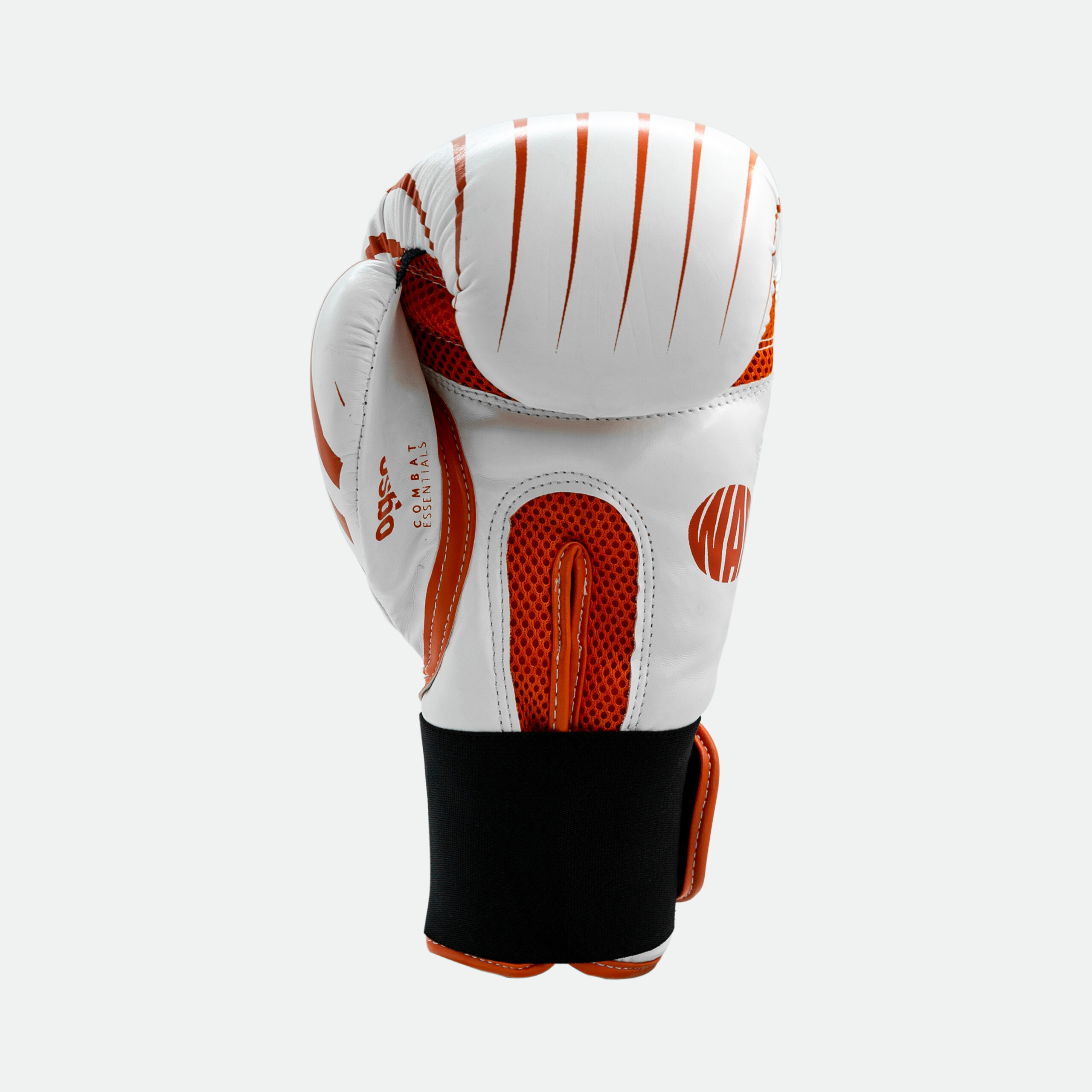Errors are inevitable when learning boxing in an amateur gym because it can be difficult to recall all of the proper techniques during practice and competition. Although you may become less motivated as a result, learning from mistakes is the best way to advance your abilities.
We have compiled a list of some of the most typical errors amateur boxers make, along with tips on how to avoid them going forward, to assist you in trying to get better:
1. Exerting excessive force and speed
Overexerting oneself too soon is the most common mistake. While landing a ton of good punches early in the fight may feel good, it can wear you out in later rounds and prevent you from giving your best effort in a way that can win the fight.
It is important to practice maintaining your pace throughout the entire three-minute training rounds. When it comes to in-ring fights, you want to be certain that you can persevere.
2. Putting on your best before a major fight
A big fight is approaching, and while it may be tempting to train hard in the lead-up, this can actually hurt your performance. You might experience extreme exhaustion during the battle, which would prevent you from giving it your all.
Excessive training may also raise the chance of injury, which could prevent you from competing or training for extended periods of time. In other words, be careful not to push yourself too far! It is therefore advisable to design a program that includes predetermined days for rest.
3. Concentrating only on punches
Many amateur boxers just concentrate on strengthening their punches. It is crucial to keep in mind that, although throwing a solid punch is vital, there are other aspects of the sport you should concentrate on as well. Power is secondary to speed and technique; once you master the first two, the third will come easily.
Make sure to concentrate on a variety of skills during your training, such as running, coordination, dodging, and footwork.
4. Excessive water consumption
While it is crucial to stay hydrated when working out and boxing, watch how much water you consume. This may cause you to become very bloated, and in severe situations, it may even cause stomach pain and abdominal aches.
Taking tiny sips rather than large gulps during your training is the best way. After your workout, you can drink a lot more water to replenish your fluids and quench your thirst.
5. Hesitating
It is common for novice amateur boxers to hesitate before making a punch. When you hesitate, your opponent has a chance to exploit you and land a solid blow.
Try not to hesitate at all since this could mean the difference between winning and losing the fight. To increase your confidence and readiness to respond swiftly in the ring, you can achieve this through training and testing various scenarios. Your entire game will benefit from working on offense, defense, and blocks.
Engage in boxing
Since boxing is an extremely instinctive and skillful sport, you will be less likely to make mistakes the more training and practice you get.
If you are interested in learning how to box, check out our entire blog, which is packed with advice on the fundamentals of the sport, and what gear is necessary.
How can I improve my endurance in boxing?
Focus on consistent training, incorporate cardiovascular exercises, and gradually increase the intensity of your workouts. Include both aerobic and anaerobic exercises to build overall endurance.
Is sparring necessary for a beginner in boxing?
While not mandatory, controlled sparring sessions can provide valuable experience. Start with light, technical sparring to develop skills and gradually increase intensity as you become more comfortable and skilled.
How often should I train as a beginner boxer?
Start with 2-3 sessions per week, allowing time for rest and recovery. As you progress, you can increase training frequency. Listen to your body and avoid overtraining to prevent burnout and injuries.








